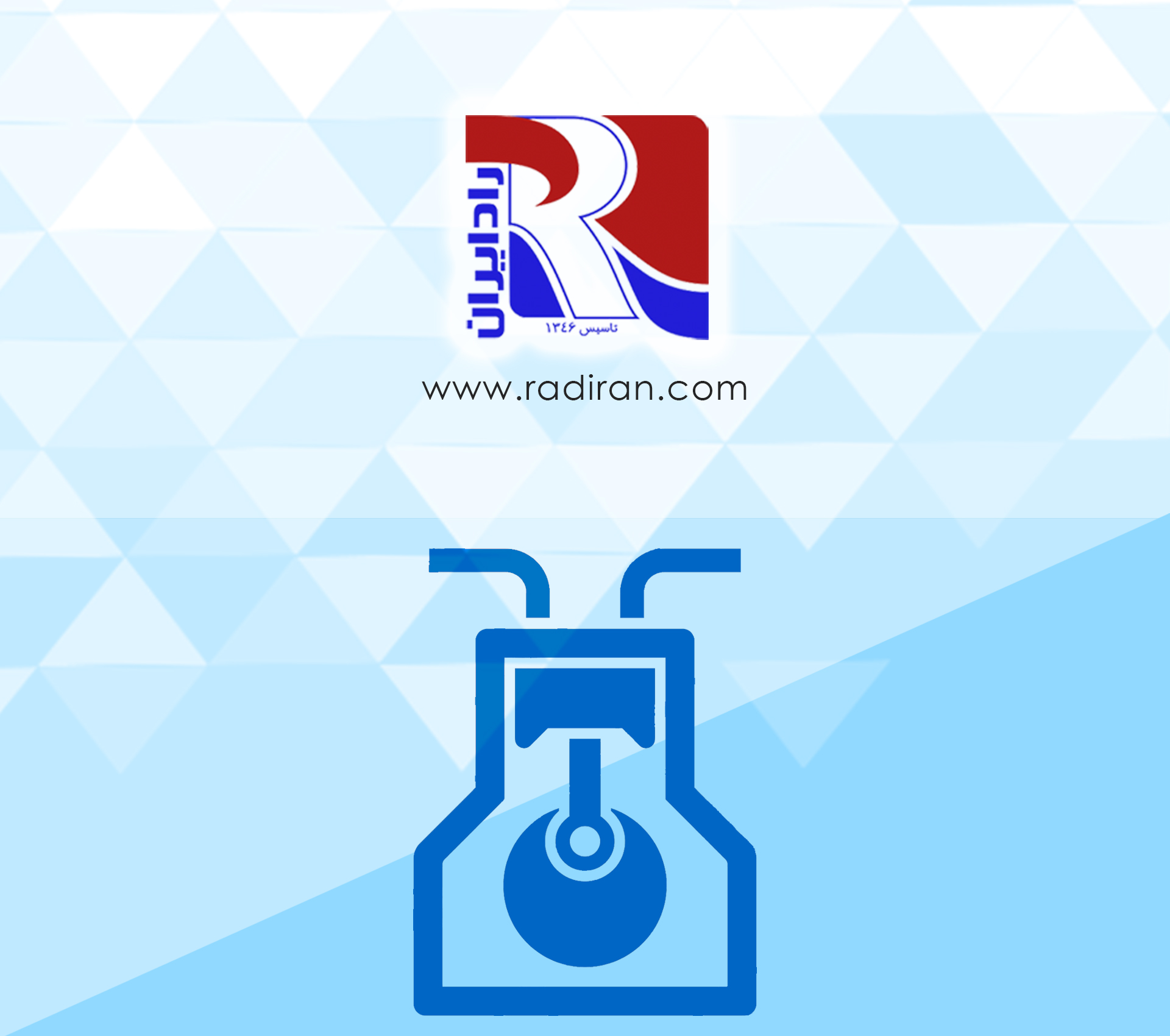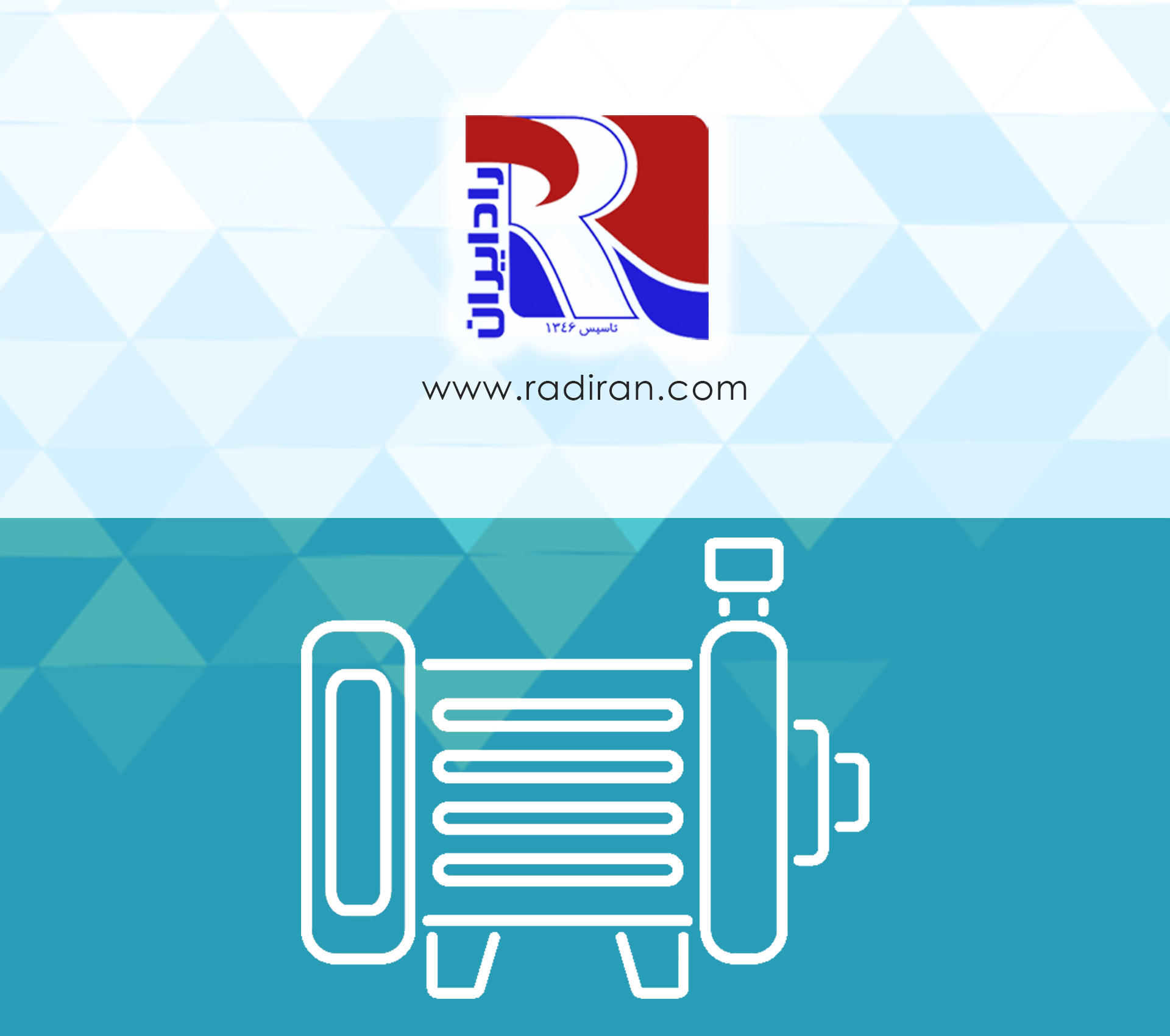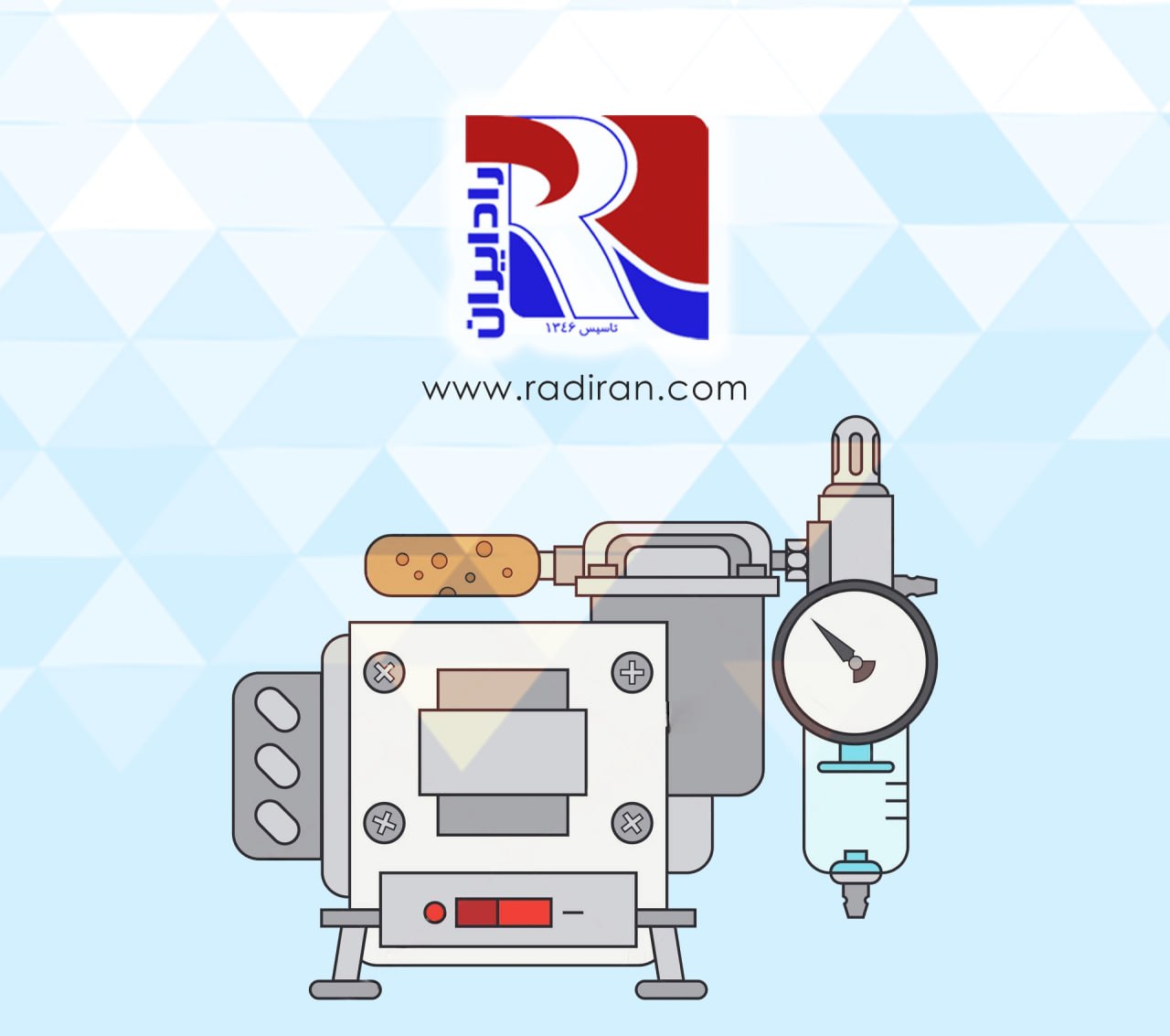Industrial or Commercial Refrigeration Compressors
Industrial or commercial refrigeration compressors are the fundamental part of the equipment and systems responsible for supplying and satisfying the refrigeration needs of a specific space, chamber, process… Compressors: the core of refrigeration systems What is a refrigeration compressor? The compressor is the main component of refrigeration equipment. its function is to compress the refrigerant gas or fluid, thus allowing pressure changes to occur in the refrigerant gas or fluid, causing it to move along the refrigerant circuit.These changes in pressure and temperature...





